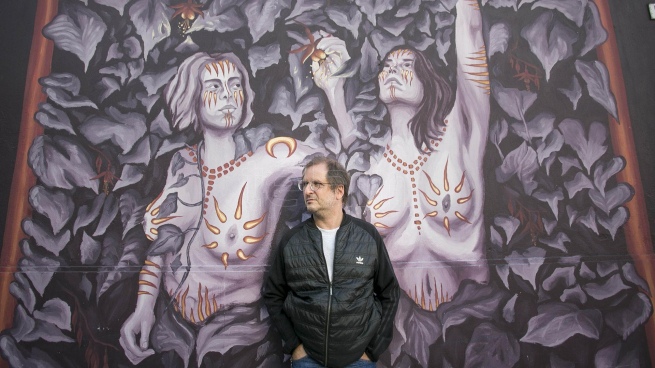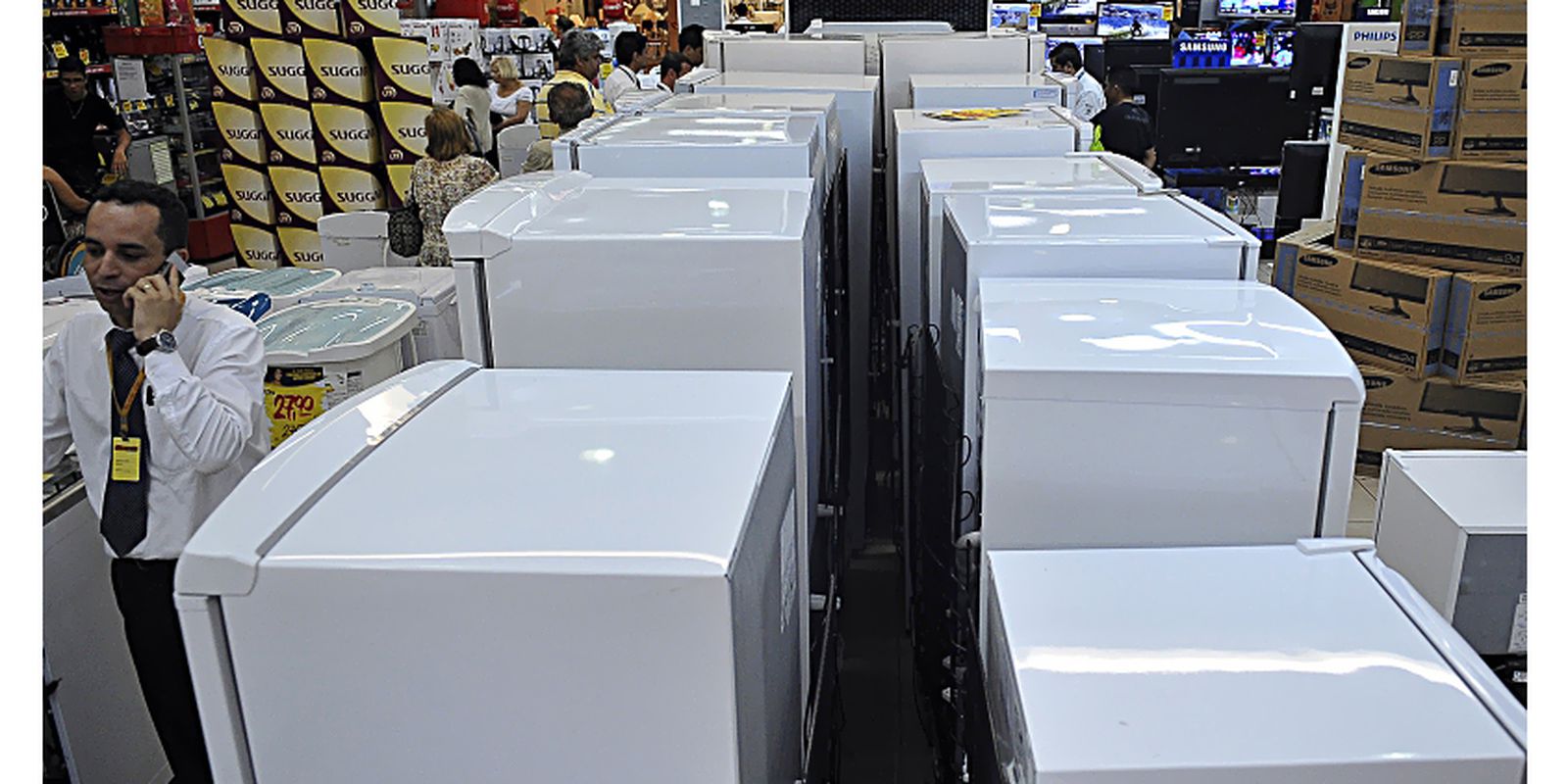The Filba Nacional literature festival will be installed from this Thursday until Saturday in the city of Santiago del Estero with a schedule of activities that proposes to encourage a conversation around how reading paths are formed, what is at stake in each encounter with a text and how the map of authors that mark our reading path is formed.
Organized between the Filba Foundation and the Ministry of Culture and Tourism of the municipality of Santiago, in this edition local artists and artists from different parts of the country come together with the aim of attending to the diversity of readers and addressing the different actors involved in the book chain: specialists, mediators, writers, illustrators and editors.
The inaugural conference will be given by the editor and writer Hernan Casciarand that, in the municipal building on Avenida Libertad 481, he will give a talk entitled “Pure tale.” Authors such as Martin Kohan, Angela Pradelli Y Eugenie Almeida.
Kohan will offer a centered open class in the exercise of prioritizing reading over writing, questioning two main inflections of the cult of the author; Almeida will give a narrative workshop designed as a space for exchange, discussion and production of projects that link stories from the oral tradition with new narrative approaches; and Pradelli will be in charge of a workshop on the meaning of reading that will aim to show how the possibilities of reading generate their own perspective on the composition of the world.
After the Filba Nacional Mar del Plata, in which face-to-face activities were combined with virtual ones, this appointment repeats the format, but if in the previous edition the sea was the axis of the agenda, here it will be the new readers: How are they built? Are there recognizable instances at the beginning of our reading journey? In some way, are we not all new readers in this reading exercise that, in each encounter with a text, resignifies our link with the world?
Rachel Guzmana local teacher and writer who will be part of this edition, says that “the world of reading is dynamic, both because of what is written and because of the way texts circulate. Not only do new readers join, but the ways to read and we are all involved in that”.
The author of the books “I want to go back home” and “Verde Billar” asserts that this festival “offers multiple ways to make reading flow by bringing authors and readers closer together. The reader becomes part of this movement that involves the whole of society and each new reading rearranges the universe of meanings”.
For another of the local authors, William Silesborn in Tucumán but a resident of Santiago del Estero, considers that “Reading is an activity that requires certain learning” and emphasizes that reading helps us “to question, reflect and observe from different perspectives what is regimented and naturalized in everyday life”.
Filba Santiago del Estero ?
June 30, July 1 and 2
? Three days of readings, workshops, conversations, round tables, reading tours, open classes, book tastings, stories and poetry.
? https://t.co/zK8gjApfS8 pic.twitter.com/nFVNK9wtQs– Filba Literature (@FundacionFilba) June 2, 2022
The author of “The flavor of the fruit” and “The channel and the habit” highlights at this point the “preponderant” role of the school, “which must build new readers by first enabling their access to cultural goods, and then selecting good Books, stimulating the free exercise of criticism, propose challenges, questioning, making one feel that literary writing, beyond genres, is the art of dislocation, of the unusual”.
As part of the local representatives is also beto eliasauthor of the collections of poems “Muérete! Accidentes Lingüísticos” and “Yo soy 3”, who agrees with the idea that “although we are all new readers in the encounter with a text that resignifies our link with the world, not all world reads” and in this sense, underlines: “We writers have a challengea possibility and why not a mission, which is to attract new readers to the vital and intimate experience of readinga”.
Elías ponders “the incorporation in literary diffusion spaces, such as Filba, of dissident voices, young writers and people who write from the margins or who represent a minority. This can be thought of as a way to build new readers,” he says. . The more diverse and broad the proposal of these spaces, the more opportunities you have to create new readers.“.
“There is an author for each person, if a person does not feel interest in literature, it is because they have not yet found that voice that represents them or the stories with which to identify. I celebrate the spaces that facilitate that encounter,” he adds.
It is not the first time that Filba has been held in Santiago del Estero, this experience takes up what was worked on in the 2019 edition, which also had this city as its venue. Now, post-confinement due to the pandemic, face-to-face attendance predominates again in the meeting and if we are talking about reading, how did that cut-off time impact social life as we knew it in the habit of reading?
For Guzmán, “the isolation and confinement produced a situation of confusion where reading and writing offered a very powerful space for reflection“. He says that in Salta, where he lives, “it can be seen in a very important movement of public readings, workshops, publications and multi-artistic presentations that open new channels for reading practices and encourage them in various fields”.
Siles chooses to highlight that “with the pandemic, the time spent in front of the computer or mobile phone has intensified, to carry out activities such as university teaching” and Elías says he is not sure if reading habits changed during that time: “Personally I was able to read more during that stand by of life that quarantine imposed. Although I believe that during the pandemic we went through a process of digitalization of all aspects of our lives and that although digital devices can be used to read, platforms do not feed the habit of There is a struggle or a tension between the exercise of reading, with its own requirements, and the attention that life demands in a digital state”.
Among the activities that begin this Friday there will be a virtual tasting of readings, “Of traces and poetry”, by Laura Forchetti, and the initiative “I’m going with audio” will be reissued, where a writer or a writer shares, in their own voice and as if it were a secret, a story through Whatsapp, to listen to at any time.
The headquarters of the Filba Nacional Santiago del Estero will be, in addition to the municipal building, the Argañaraz House of Culture, at 175 Libertad Avenue; the Forum Convention Center, on Peru 510; the Sixto cultural space on Avenida Belgrano Sur 2005; and Utopia books and coffee, in Independencia 221.
The activities that will be carried out by Zoom have a limited capacity already full, while the Meeting for teachers, librarians and reading mediators “Word in movement” – an instance of exchange, circulation of ideas, books and readings in which Almeida, Pradelli, Luciano Saracino, Aníbal Costilla, Néstor Mendoza, Elisa Piccoli and Ramón Chaparro-, is made up of a narrative workshop that revisits oral tradition; an open class on the meaning of reading and a conversation.













